Which foods naturally boost testosterone for male vitality & performance?
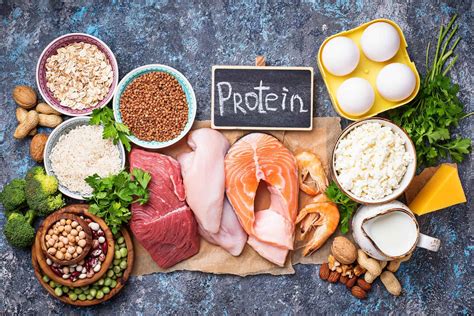
Understanding Testosterone and Its Importance
Testosterone is the primary male sex hormone, playing a crucial role far beyond reproductive health. It influences muscle mass, bone density, fat distribution, red blood cell production, and even mood and energy levels. While testosterone levels naturally decline with age, certain lifestyle factors, particularly diet, can significantly impact its production and overall male vitality and performance. Focusing on nutrient-dense foods can be a powerful, natural strategy to support healthy testosterone levels.
The Power of Zinc-Rich Foods
Zinc is a vital mineral that plays a central role in testosterone production. Studies have shown that even a marginal zinc deficiency can lead to a significant drop in testosterone levels. Incorporating zinc-rich foods into your diet is a straightforward way to support this essential hormone.
- Oysters: Often touted as an aphrodisiac, oysters are one of the richest dietary sources of zinc.
- Red Meat: Beef, lamb, and pork provide a good amount of zinc, along with other essential nutrients like protein and iron. Opt for lean cuts.
- Shellfish: Crab and lobster also offer substantial zinc content.
- Pumpkin Seeds: A fantastic plant-based source of zinc, great for snacking or adding to salads.
- Legumes: Chickpeas, lentils, and beans contain zinc, though the bioavailability might be slightly lower than animal sources.
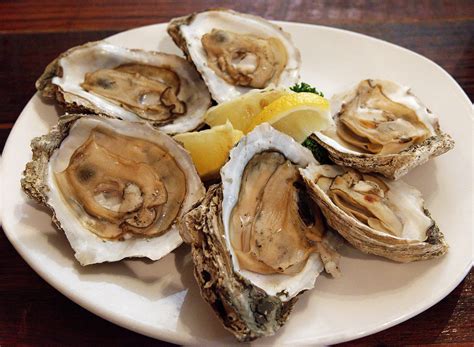
Embrace Vitamin D Through Diet
Often referred to as the ‘sunshine vitamin,’ Vitamin D is actually a steroid hormone itself and is crucial for many bodily functions, including testosterone synthesis. Research indicates a strong correlation between adequate Vitamin D levels and higher testosterone levels. While sun exposure is key, dietary sources can also contribute significantly.
- Fatty Fish: Salmon, mackerel, tuna, and sardines are excellent sources of Vitamin D.
- Egg Yolks: A convenient and tasty source, especially from pasture-raised chickens.
- Fortified Foods: Many milk, yogurt, orange juice, and cereal products are fortified with Vitamin D.
Healthy Fats: Essential for Hormone Production
Fats have long been demonized, but healthy fats are absolutely critical for hormone production, including testosterone. A diet too low in healthy fats can negatively impact hormone synthesis. Focus on monounsaturated and omega-3 fatty acids.
- Avocados: Rich in monounsaturated fats, Vitamin B6, and folic acid, all supportive of hormone health.
- Nuts and Seeds: Almonds, walnuts, chia seeds, and flaxseeds provide healthy fats, magnesium, and zinc.
- Olive Oil: Extra virgin olive oil, in particular, is a cornerstone of the Mediterranean diet and has been linked to improved testosterone levels.
- Fatty Fish: (Again) Salmon, mackerel, and sardines are packed with beneficial omega-3 fatty acids.
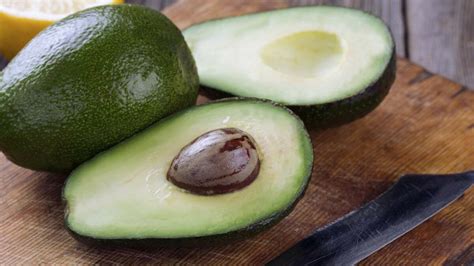
Magnesium: The Often-Overlooked Mineral
Magnesium is involved in over 300 biochemical reactions in the body, and its role in testosterone regulation is increasingly recognized. Studies suggest that magnesium supplementation can increase free and total testosterone levels, especially in active individuals. Many people are deficient in this crucial mineral.
- Leafy Green Vegetables: Spinach, kale, and Swiss chard are packed with magnesium.
- Nuts and Seeds: Almonds, cashews, pumpkin seeds, and flaxseeds are excellent sources.
- Legumes: Black beans, lentils, and chickpeas contribute to magnesium intake.
- Dark Chocolate: A delicious source, but opt for varieties with high cacao content (70% or more) and consume in moderation.
Antioxidants & Phytonutrients for Overall Hormonal Health
While not directly boosting testosterone in the same way as zinc or Vitamin D, foods rich in antioxidants and phytonutrients support overall cellular health and reduce oxidative stress, which can indirectly benefit hormone production and regulation. They help protect the cells that produce testosterone from damage.
- Berries: Blueberries, strawberries, raspberries are rich in antioxidants.
- Pomegranates: This fruit has been linked in some studies to increased testosterone and improved mood.
- Ginger: Known for its anti-inflammatory properties, ginger may also play a role in supporting testosterone levels.
- Garlic: Contains compounds that may influence hormone production.
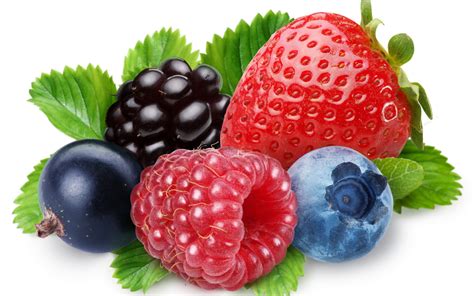
Cruciferous Vegetables: Balancing Hormones
Cruciferous vegetables like broccoli, cauliflower, cabbage, and Brussels sprouts contain compounds like indole-3-carbinol (I3C) and diindolylmethane (DIM). These compounds help the body metabolize and excrete excess estrogen, which can be beneficial for maintaining a healthy testosterone-to-estrogen balance.
- Broccoli
- Cauliflower
- Brussels Sprouts
- Cabbage
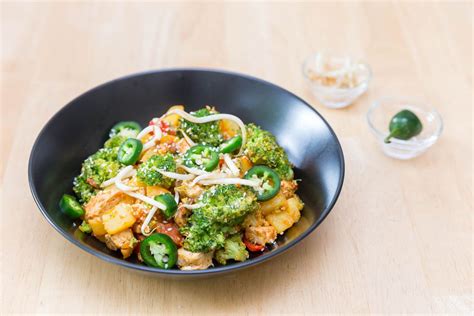
Beyond Specific Foods: A Holistic Approach
While dietary choices are fundamental, remember that overall lifestyle factors significantly impact testosterone levels. Adequate sleep, regular strength training and high-intensity interval training (HIIT), stress management, and maintaining a healthy body weight are all crucial components of a holistic strategy for optimal male vitality. Foods work best when supported by a healthy lifestyle.

Conclusion
Boosting testosterone naturally through diet is an achievable goal for many men seeking to enhance their vitality and performance. By prioritizing foods rich in zinc, Vitamin D, healthy fats, magnesium, and antioxidants, and incorporating cruciferous vegetables, you can create a robust nutritional foundation. Remember to view nutrition as part of a larger wellness picture, combining a nutrient-dense diet with regular exercise, quality sleep, and stress reduction for the best possible outcomes in supporting healthy testosterone levels.








